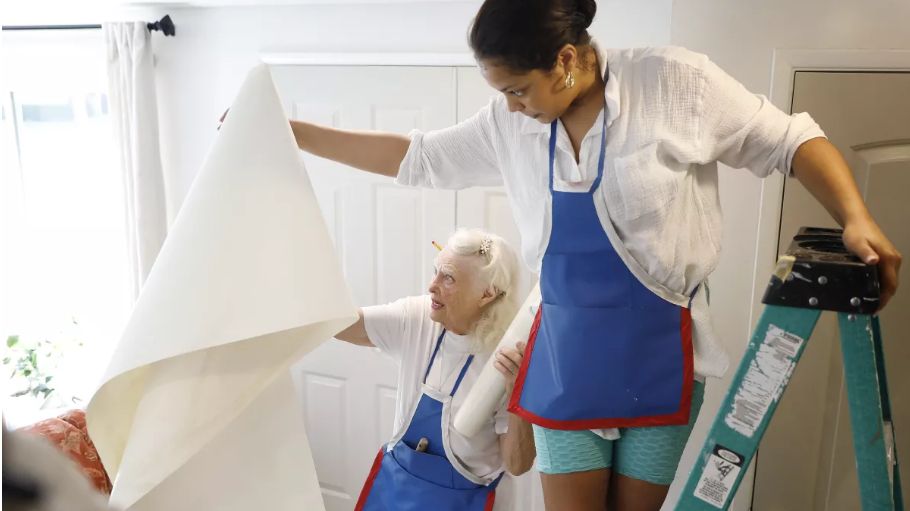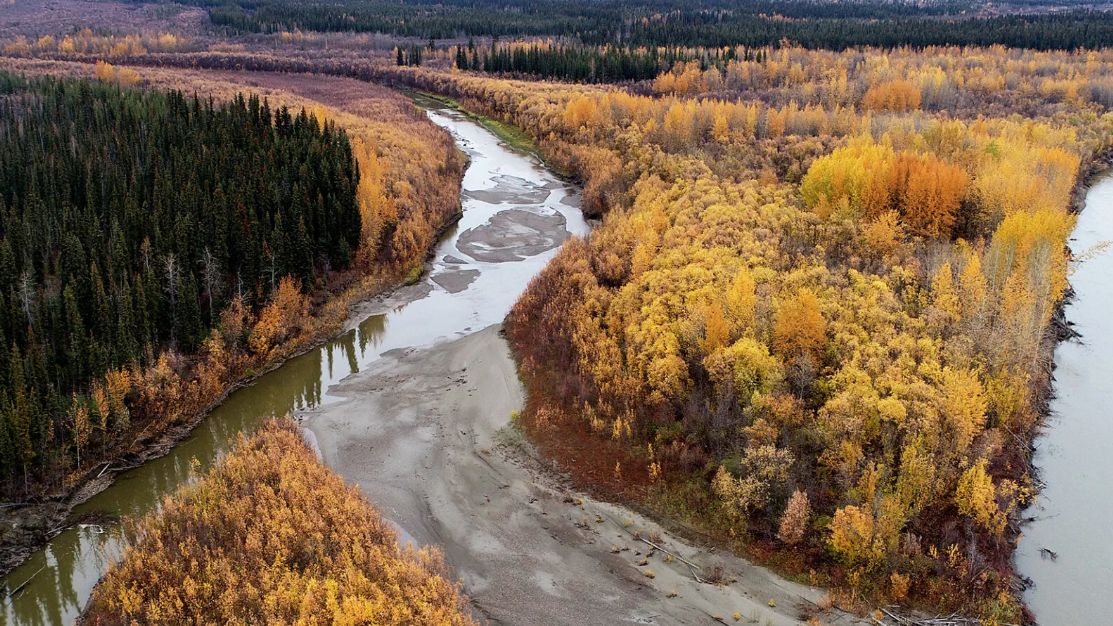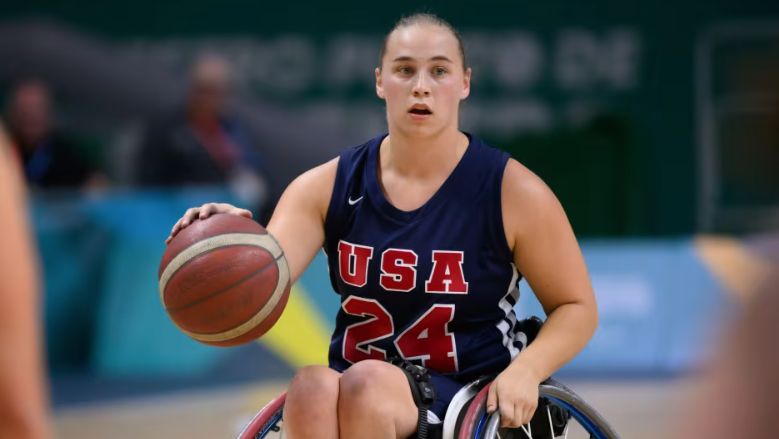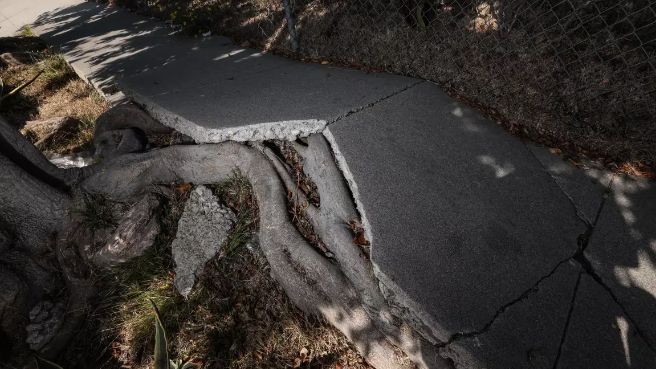Just days after Rodney King's beating in 1991, 15-year-old Latasha Harlins was shot and killed by a shopkeeper, who thought she was stealing a bottle of juice. Her death became one of the catalysts of the Los Angeles Riots.
What You Need To Know
- Just days after Rodney King's beating in 1991, 15-year old Latasha Harlins was shot and killed by a shopkeeper, who thought she was stealing a bottle of juice
- Her death became one of the catalysts of the LA Riots
- Documentary filmmaker Sophia Nahli Allison's Oscar-Nominated movie "A Love Song for Latasha" shows the world how Latasha lived
- Allison began working on "A Love Song for Latasha" in 2017, around the 25th anniversary of the LA Riots, and she thought it was a necessary time to revisit Latasha's story
Documentary filmmaker Sophia Nahli Allison has made a movie that shows the world how Latasha lived.
In an interview for "LA Times Today," Allison joined host Lisa McRee to talk about her Oscar-nominated film, "A Love Song for Latasha."
Latasha was raised in South Central LA, and she had ambitious dreams for the future.
"She was a protector; she cared about her family and friends. She really planted this brilliant seed within her family to continue moving forward. She was such an inspiration to the community," Allison said.
Latasha lost her mother to gun violence and was raised by her grandmother. Allison said Latasha took on many responsibilities as a child.
"What is so important to know is that she wanted to be a lawyer to get justice for people like her mom. And, it is heartbreaking to know that they both died in the same way. Latasha wanted to be someone that was there for her little sister and little brother. She was also a big sister to her cousin Shinese."
Allison began working on "A Love Song for Latasha" in 2017, around the 25th anniversary of the LA Riots, and she thought it was a necessary time to revisit Latasha's story.
"For so long, Latasha lived within the context of her trauma and her murder. And, I want this young Black girl to live in her fullness. I wanted her story to be known; I did not want it to be forgotten and erased. I wanted her best friend Tybie and her cousin Shinese to help us tell this story and really rebirth this beautiful memory of Latasha Harlins."
The film shows images and videos of Black girls of different ages around the community, and Allison said she wanted that to feel like an embrace.
"I wanted Black women and Black girls to heal throughout this entire process. I wanted them to feel held and supported. And to always imagine themselves being protected and surrounded by peace. I also really wanted the images of young Black girls to constantly shift throughout the film so we always remember that Latasha could have been anyone; she could have been our sister, our cousin, our friends, or ourselves. I wanted to really make sure that we recognize that Latasha was a young girl; I wanted to disrupt the image of adultification bias, which many Black girls experience. And, I want people to feel invited into this dream-like memory where Shinese, Tybie, and Latasha built this beautiful shield around themselves and had such a loving sisterhood and embrace."
Latasha would use the phrase "We Queens" to reflect how she carried herself and felt about her loved ones.
"That is one of my favorite lines to use "We Queens," and what is beautiful about that phrase is that earlier this year, Netflix helped us make a mural created with Latasha's old neighborhood. And, our artist Victoria Cassinova purposely included that line "We Queens" because she wanted all the young Black girls that come to this recreation center to see this message and remember that for themselves," Allison added.
"A Love Song for Latasha" has had a positive response with the Black community, and Allison said it has opened up conversations about Latasha's memory. This film has also been a healing process for Latasha's loved ones.
"It has been very beautiful to engage with the audience, especially for me being able to be in conversation with Black women and Black girls. It is such a beautiful group of people like filmmakers, artists, and activists who embrace and remember Latasha at this moment. Tybie is completing her criminal justice degree, which she mentions in the film, and she wants to be a lawyer. Shinese and Tybie are working on their nonprofit for youth in the community, and the playground where they all played is about to be renamed "Latasha Harlins playground" on April 29. It has been really healing for them, and they are excited to see Latasha remembered and celebrated 30 years after she was killed."
"A Love Song for Latasha" is available for streaming on Netflix.
Click the arrow above for the interview. Watch "LA Times Today" at 7 and 10 p.m. Monday through Friday on Spectrum News 1 and the app.











